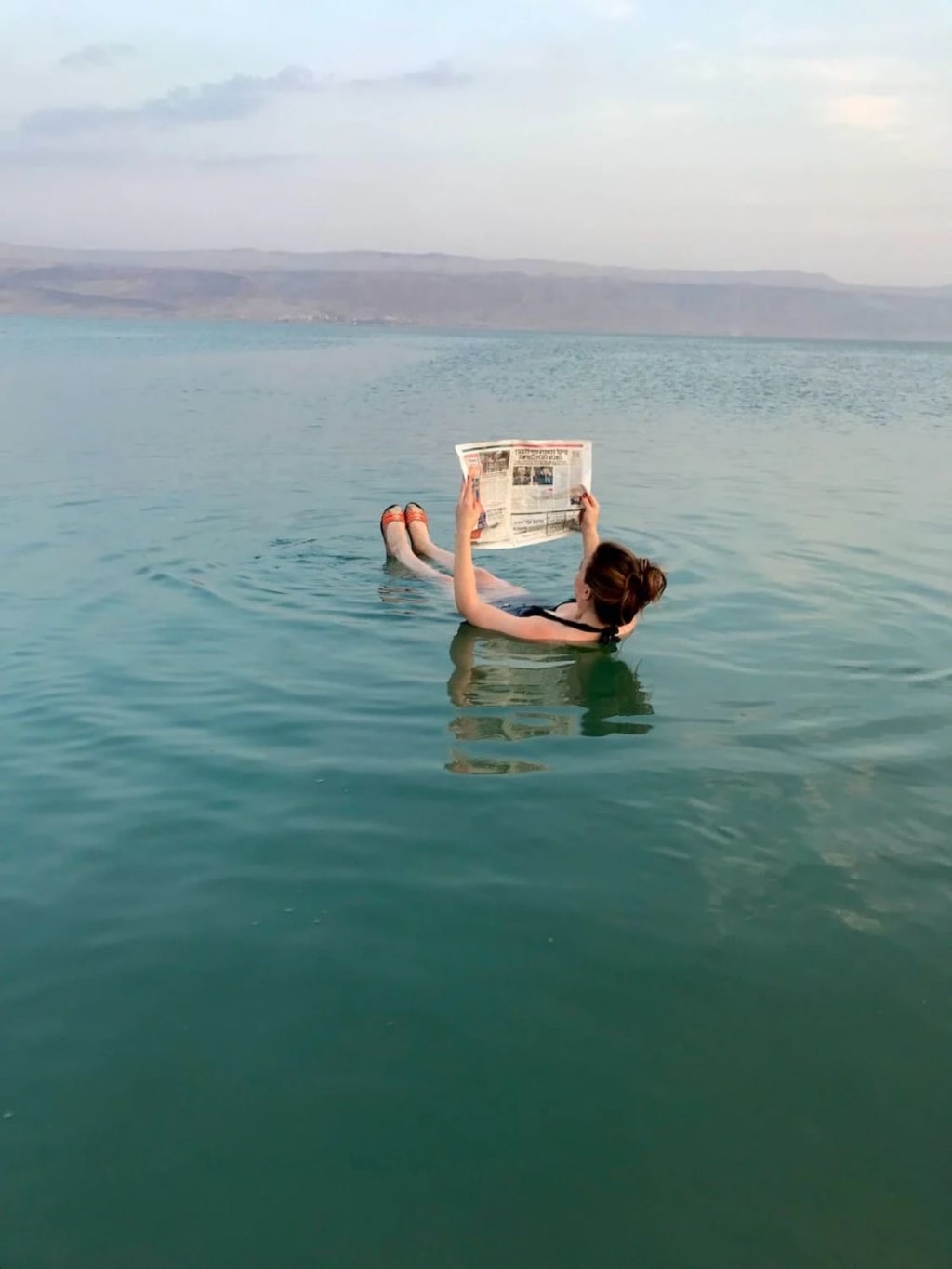
Surviving at sea unfolds in various scenarios, each presenting its own set of challenges and, ultimately, lessons in resilience. In movies, TV series, and documentaries, we often witness two common scenarios – a cruise ship setting sail, encountering a storm, and sinking, leaving survivors stranded in the vast sea. The other involves an airplane mishap, where the engines catch fire, leading to a crash into the ocean. In both cases, the survivors face uncertainty but also a glimmer of hope, knowing that rescuers may come to their aid.
Now, let’s delve into a more harrowing situation, one that begins with a leisurely day at a seaside resort. Picture yourself craving a snack; you head to the beach, purchase some food, and decide to have lunch in the open sea. Renting a catamaran or a small boat, you sail away from the shore and, perhaps due to the sun’s intensity, find yourself waking up in the middle of the sea. The panic sets in as you realize you have no idea where the shore is, and to make matters worse, your phone has run out of battery.
The first instinct might be panic, but in this boundless expanse of water, maintaining your sanity is crucial. You are, fortunately, in an advantageous position – you have a boat. Contrastingly, some find themselves at sea with nothing more than the vastness of the water around them. Interestingly, if you have pants but find yourself in the water without a boat, you can improvise a life jacket. Tie the pant legs in a knot, trap air inside by splashing water, secure the upper part around your neck, and voila – an air vest.
Assuming you have only a pair of shorts and a t-shirt, along with the remains of a burrito and some water in a bottle, a strategic approach is necessary. Resist the urge to consume all the water at once; ration it to last as long as possible. Importantly, avoid drinking seawater, as its salt content intensifies thirst and causes harm to your organism.
With the resourcefulness of a survivor, you collect fresh water from the rain, using your wet clothes as a filter. The salt residue from your sea-soaked clothes is washed away, leaving you with a precious bottle of freshwater to sustain you for a week. Now, you shift your focus to securing food. Sea creatures are drawn to your boat, offering an opportunity for sustenance. Using makeshift tools like shoelaces or torn fabric, fashion a fishing line, bait it with a piece of the burrito, and begin fishing.
As the narrative unfolds, you confront the potential threat of sharks. Bright colors or a drop of blood can attract these hunters, but you employ unconventional methods to scare them away – screaming and creating noise by hitting the water. It’s a delicate balance of survival, and in desperate situations, confronting a shark may be your best option.
Now equipped with fish and water, the immediate threat subsides, but the mission is far from over. The next challenge is reaching dry land. Your phone becomes a crucial tool for attracting attention. Reflect sunlight using the mirror panel to create a signal visible to passing ships or airplanes. Flares and life jackets with glowing signals are often present on boats, but in this scenario, your phone remains the sole means of indicating your presence.
Navigation becomes key, and you rely on various signs to guide you towards potential rescue or land. Observe the water’s shade, wave direction, bird activity, and cloud formations. The sun, a constant in the sky, serves as a reliable landmark – rising in the East, setting in the West, and shining directly from the South at noon. Even if disoriented, recalling your morning in the hotel and the sun’s position aids in determining your direction.
As you drift for days, depleting your water supplies, signs of land become apparent. Muddy water indicates a nearby river, and a greenish tint under the clouds signifies land below. The cries of seagulls, hungry and exhausted, guide you towards the shore. Nightfall unveils city lights in the distance, and by morning, you reach land, returning to the familiarity of your hotel.
The script paints a vivid picture of survival, emphasizing the importance of resourcefulness, resilience, and, above all, maintaining a calm demeanor in the face of adversity. In the open sea, where the line between survival and peril is razor-thin, the human spirit prevails, pushing individuals to endure and overcome seemingly insurmountable challenges.






Comments (1)
It important to know how to survive in crisis